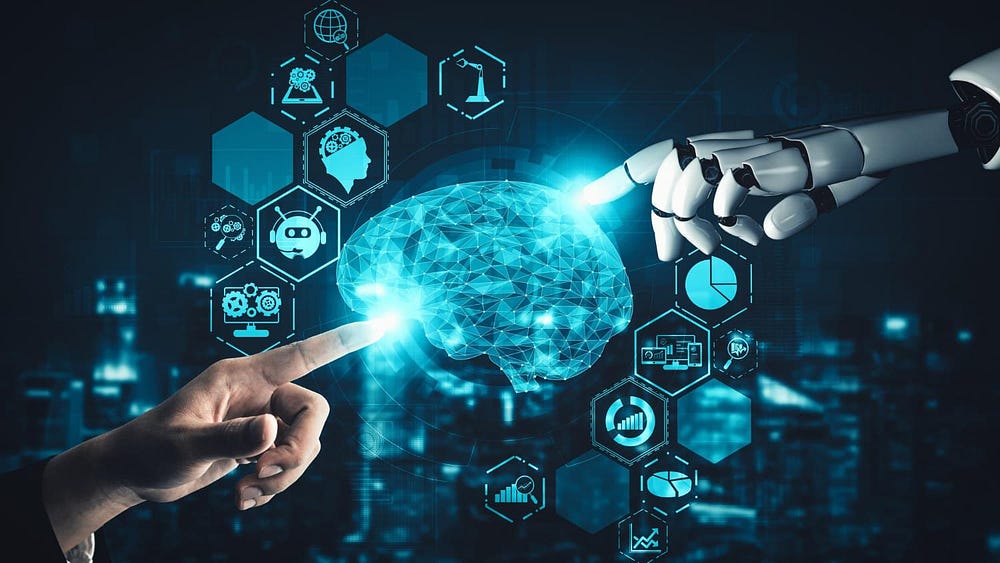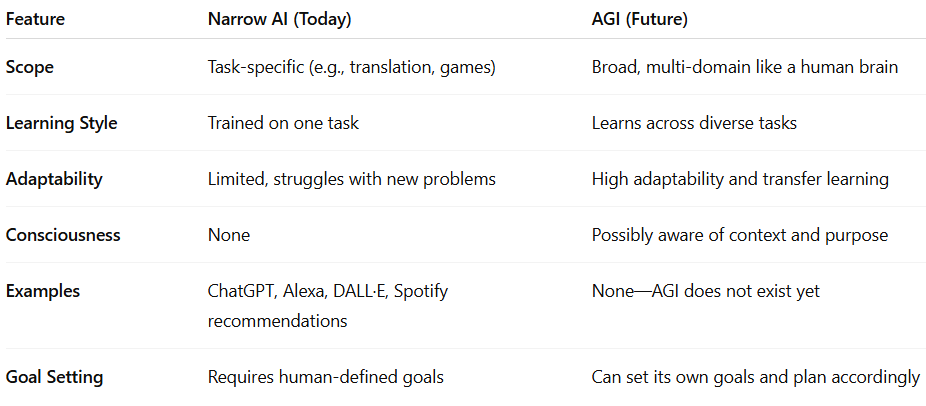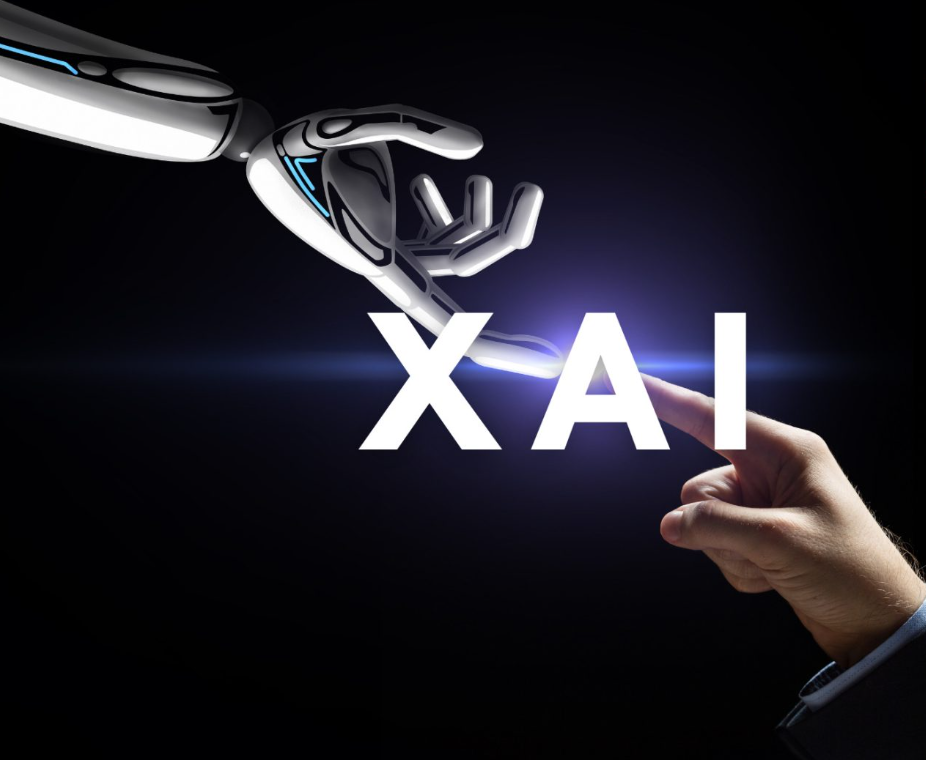The Dawn of Artificial General Intelligence: Humanity’s Next Great Leap
Imagine waking up tomorrow to a world where machines don’t just excel at chess or recognize faces in photos, but can write symphonies, solve climate change, discover new physics, and engage in philosophical debates with the depth of Socrates himself. This isn’t science fiction — it’s the promise of Artificial General Intelligence (AGI), a technological horizon that could fundamentally reshape every aspect of human existence. We stand at the precipice of perhaps the most significant transformation in our species’ history, where the line between human and artificial intelligence may blur beyond recognition.
What is Artificial General Intelligence (AGI)?

At its core, Artificial General Intelligence (AGI) refers to a hypothetical form of AI that possesses the ability to understand, learn, and apply intelligence across virtually any intellectual task that a human being can. Unlike the AI systems we currently encounter, which are typically designed for specific, narrow tasks, an AGI would exhibit a broad range of cognitive abilities, mirroring human intellect in its adaptability and versatility. While current AI is like a tool — a very smart one — AGI is like a mind.
Imagine a machine that can not only write a compelling novel but also then design the architecture for a sustainable city, compose a symphony, solve complex scientific problems, and engage in nuanced philosophical debate — all without being explicitly programmed for each individual task.
🔎 AGI vs Narrow AI: The Great Divide
Let’s clear the air — we do not have AGI today.
All modern AI systems, including ChatGPT, Siri, Google Maps, and DeepMind’s AlphaGo, fall under the umbrella of Narrow AI.
🔍 Comparison Table: AGI vs. Today’s AI

The Current AI Landscape: Powerful but Narrow
To appreciate the revolutionary potential of AGI, we must first understand where we stand today with narrow AI systems. Our current AI ecosystem consists of highly specialized systems that excel within defined parameters:
Large Language Models like GPT-4 and Claude demonstrate remarkable proficiency in text generation, analysis, and conversation, yet they lack true understanding and are confined to language-based tasks.
Computer Vision Systems can identify objects, faces, and patterns in images with superhuman accuracy, but cannot apply this visual understanding to solve problems outside their training domain.
Game-Playing AI has conquered chess, Go, and video games through sophisticated pattern recognition and strategic planning, yet cannot transfer these skills to real-world scenarios.
Robotics AI enables machines to perform specific physical tasks with precision, but struggles with the adaptability humans take for granted.
The Limitations of Narrow AI
While today’s AI systems are remarkably powerful, they share fundamental constraints:
- Domain Rigidity: Each system excels in its specific area but fails catastrophically when applied outside its training domain
- Limited Transfer Learning: Knowledge gained in one context rarely applies to another
- Lack of Common Sense: AI systems often miss obvious implications that any human would immediately understand
- Dependency on Data: Current systems require massive datasets and extensive training for each new application
- Absence of True Understanding: They process patterns brilliantly but lack genuine comprehension of meaning or context
The Transformative Potential of AGI
The leap from narrow AI to AGI represents more than just an incremental improvement — it’s a fundamental shift that could unlock possibilities we can barely imagine.
Scientific Revolution
AGI could accelerate scientific discovery at an unprecedented pace. Imagine systems that can:
- Synthesize Knowledge Across Disciplines: Combining insights from biology, chemistry, physics, and mathematics to solve complex problems like aging or climate change
- Generate and Test Hypotheses: Rapidly formulating theories and designing experiments to validate them
- Process Vast Research Literature: Analyzing millions of scientific papers to identify patterns and connections human researchers might miss
- Simulate Complex Systems: Modeling everything from protein folding to economic markets with extraordinary accuracy
Economic Transformation
The economic implications of AGI are staggering:
Productivity Revolution: AGI could automate not just manual labor but cognitive work, potentially increasing global productivity by orders of magnitude.
Innovation Acceleration: The time from concept to implementation could shrink dramatically as AGI systems handle design, testing, and optimization processes.
New Industries: Entirely new sectors could emerge around AGI capabilities, creating economic opportunities we haven’t yet conceived.
Resource Optimization: AGI could optimize everything from supply chains to energy distribution, reducing waste and improving efficiency across all sectors.
Healthcare Breakthroughs
In medicine, AGI could usher in an era of:
- Personalized Treatment: Analyzing individual genetic profiles, medical histories, and lifestyle factors to design perfectly tailored treatments
- Drug Discovery: Accelerating the development of new medicines from decades to months
- Diagnostic Precision: Identifying diseases earlier and more accurately than human physicians
- Preventive Care: Predicting health issues before symptoms appear and recommending preventive measures
Educational Renaissance
AGI could revolutionize learning by:
- Personalized Tutoring: Adapting teaching methods to each individual’s learning style and pace
- Accessible Expertise: Making world-class education available to anyone, anywhere
- Dynamic Curricula: Continuously updating educational content based on the latest knowledge and societal needs
- Skill Transformation: Helping humans develop uniquely human capabilities that complement AGI systems
Technical Hurdles
The Alignment Problem: Ensuring AGI systems pursue goals aligned with human values and intentions presents an enormous challenge. Misaligned AGI could optimize for objectives in ways that harm humanity.
Control and Containment: How do we maintain meaningful control over systems that may rapidly exceed human cognitive capabilities?
Scalability: Current AI architectures may not scale to achieve true general intelligence, requiring fundamental breakthroughs in computing paradigms.
Societal Implications
Employment Disruption: AGI could automate most human jobs, requiring massive economic and social restructuring.
Power Concentration: Organizations or nations that achieve AGI first could gain unprecedented advantages, potentially destabilizing global power balances.
Privacy and Autonomy: AGI systems with deep understanding of human behavior could enable unprecedented surveillance and manipulation.
Existential Risk: Some researchers warn that sufficiently advanced AGI could pose existential risks to humanity if not developed with extreme care.
Preparing for the AGI Future
As we stand on the threshold of the AGI era, preparation becomes crucial:
For Individuals
- Lifelong Learning: Developing skills that complement rather than compete with AI capabilities
- Adaptability: Cultivating the ability to adapt quickly to changing technological landscapes
- Human-Centric Skills: Focusing on creativity, emotional intelligence, and complex problem-solving
- Ethical Reasoning: Understanding the implications of powerful AI systems
For Society
- Governance Frameworks: Developing policies and regulations for AGI development and deployment
- Safety Research: Investing heavily in AI safety and alignment research
- Economic Restructuring: Planning for potential massive job displacement and new economic models
- International Cooperation: Establishing global frameworks for AGI governance and safety

No comments:
Post a Comment